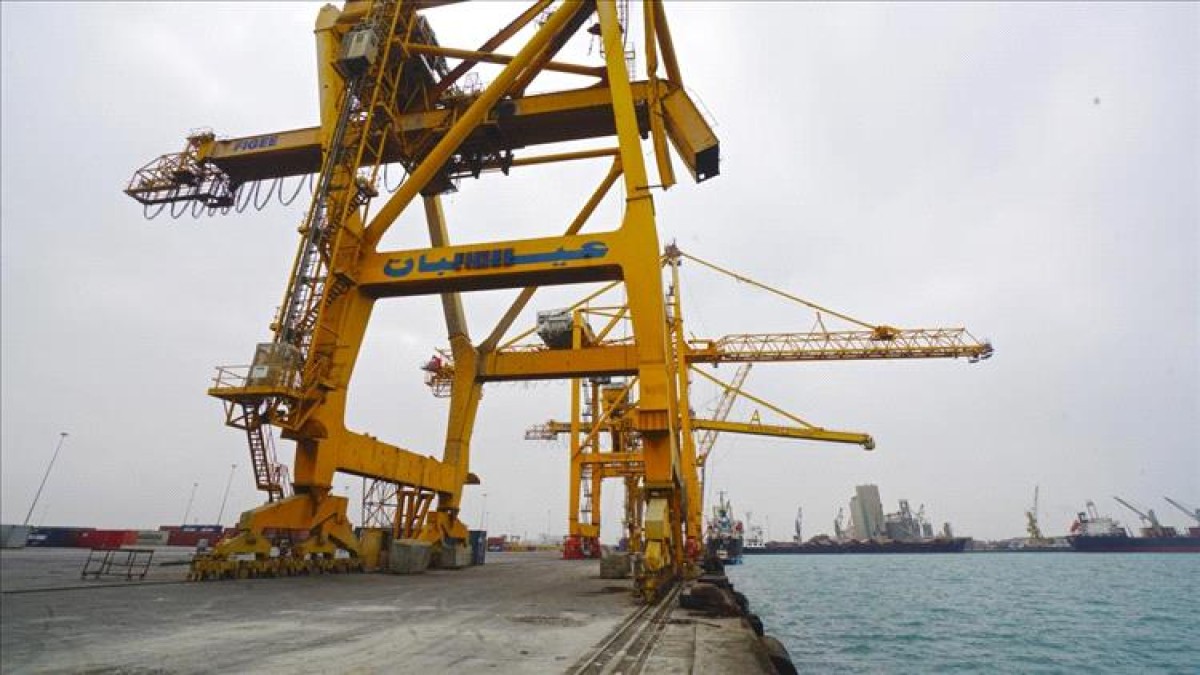Enter 8 million tons of fuel and food to the Houthi ports in 2024


Al -Hodeidah ports under the control of the Houthi group on the Red Sea received approximately eight million metric tons of fuel and food during the past year, at the highest rate during the last three years.
The World Food Program (WFP) said in a report on "Food Security in Yemen" for the month of January, that the total volume of fuel and food imports to the ports of Hodeidah, Al -Salif and Ras Issa, west of the country amounted to 7.912 million metric tons, during the period during the period Between January and December 2024.
According to the report data, fuel and food imports to the Houthi ports during the past year are the highest compared in the same period in the past two years, as it represents an increase of about 6% compared to the year 2023, in which a total of 7.456 million metric tons entered, at a rate of 22 % Compared to the 2022 year, which has 6.172 million metric tons. The report pointed out that the volume of imported fuel across the Red Sea ports last year, amounted to 3.041 million metric tons, and a slight increase of 1% over the year 2023, which reached 3 million metric tons, and by 32% over the year 2022, in which 2.073 million metric tons entered.
The report indicated that the imports of foodstuffs connected to the ports of Hodeidah and the Salif amounted to 4.871 million metric tons, and an increase of about 9% compared to the year 2023, which witnessed the entry of 4.456 million metric tons, and by 16% over 2022, in which he entered 4.099 million Ton.
The report emphasized that the Houthis' decision is unlikely to prohibit the import of wheat flour through the port of Hodeidah, which was implemented in early 2025, in the occurrence of major changes in prices in the areas under the control of the group, as long as the supply of grain and fuel continues without interruption .
The Houthi group issued a decision at the beginning of this year a decision prohibiting the import of flour through the ports of Hodeidah under its control. The decision called on navigation companies to adhere to the decision and not to charge any quantity of flour through the ports of Hodeidah and the Salif, blaming them with responsibility if they violated these directives.
The port of Hodeidah is the main port in the Houthi -controlled areas, which provides these areas with food, supplies and oil derivatives, which are areas inhabited by more than 75% of the population. Yemen depends on the import mechanism by more than 90% to provide its needs of food and food commodities.